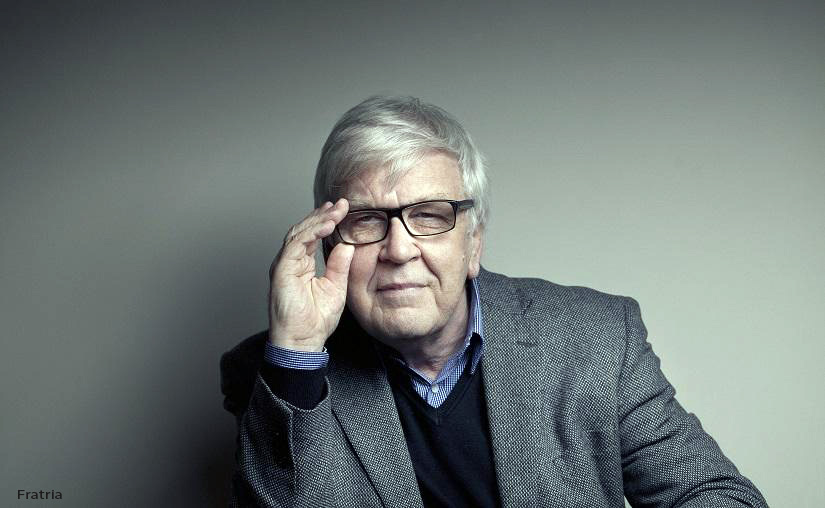Senior Polish attorney Marek Markiewicz slammed the European Commission for going back on its word with regard to the rule of law issue, which has resulted in the commission seeking to initiate a daily fine on Poland over the country’s efforts to enact judicial reform.
Markiewicz, interviewed by portal wPolityce.pl, said that he had argued that the rule-of-law mechanism would only be applied with regard to the way EU funds are spent, saying it is a betrayal of trust against a key member state. He feels that since the Polish government has already said it will abolish the Disciplinary Chamber, which the European Court of Justice ruled was incompatible with EU law, then the decision of the commission to seek financial penalties is purely political.
The problem is that this kind of behavior simply encourages Polish judges to rebel against the existing laws while still holding their posts. The commission, he feels, is thereby creating a crisis with regard to rule of law in Poland without any power in the treaties to do so.
Markiewicz rejects any notion that judicial reform in Poland is a challenge to the independence of the judiciary, equality before the law or access to the courts for citizens. This is why he finds the commission’s actions to be arbitrary, an over-interpretation of European law, and deeply insulting to Poland in that it challenges its democracy and sovereignty.
Marek Markiewicz:
The European Commission is, in essence, attacking Poland’s government, wanting to see it fall.The senior attorney feels that “the European Commission is, in essence, attacking Poland’s government, wanting to see it fall”. He is concerned that this will undermine support for the European Union in Poland as many will say that the present union is not the union that Poland entered and which the Polish Pope John Paul II urged it to join.
But Markiewicz warns against overreacting. This is the time for patience and diplomacy rather than any angry protests. He concedes that Poland’s room for maneuver is not great and that the government must be sensitive to how Polish people will react.
He is concerned that if Poland is forced to back down over judicial reform, many will see that as a betrayal of the consensus around the need for judicial reform.
He also sees the danger of judges who refuse to administer the law against opposition politicians and activists who break it, undermining the credibility and legitimacy of the whole Polish legal system.
Courts should rule in the name of Poland and not the EU, concludes Markiewicz. There is no consent to the federalization of the EU that would mean the end of Polish judicial independence.
Title image of senior attorney Marek Markiewicz. (source: Fratria/wpolityce.pl)






